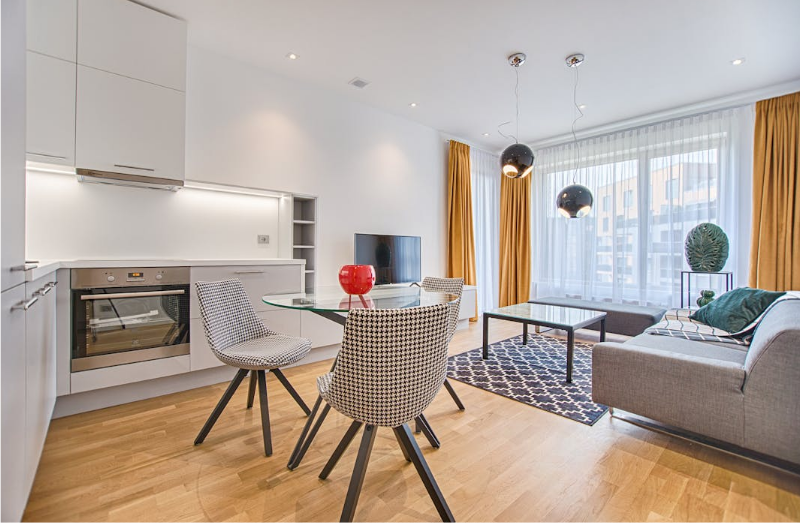Dealing with Difficult Tenants: Conflict Resolution Strategies
Difficult tenants can disrupt the normal functioning and harmony of a rental property. Every property owner is likely to encounter a difficult tenant at some point, making conflict resolution strategies essential. These strategies involve methods to effectively manage and resolve issues with challenging renters.
Here are a few points to help prevent and resolve conflicts with tenants:
Clear Communication
Establishing open lines of communication is crucial when dealing with difficult tenants. Regular check-ins can help address potential issues before they escalate. Be clear about expectations, rules, and lease agreement terms. This prevents misunderstandings and ensures tenants are aware of their responsibilities.
Documentation
Document every email, letter, and note from conversations, as well as any incidents and the steps taken to resolve them. Documentation is crucial for legal protection and provides a clear history of events, which can be invaluable if disputes escalate. A well-documented trail helps ensure transparency and accountability for both parties.
Active Listening and Empathy
When conflicts arise, actively listening to the tenant's perspective can be very effective. Show empathy to defuse tension and demonstrate that their concerns are taken seriously. Understanding their viewpoint can aid in finding mutually agreeable solutions.
Mediation
If direct communication fails to resolve conflicts, consider involving a neutral third party to mediate. A professional mediator can facilitate discussions and help both parties reach a compromise. Mediation provides a structured environment where both the owner and tenant can express their concerns and work towards a resolution. This approach can be beneficial for complex disputes that require more than simple communication to resolve.
Consistent Enforcement
Consistency in applying rules and lease terms is vital. Ensure all tenants are treated equally to avoid perceptions of bias or favoritism. Consistent enforcement helps maintain order and fairness, ensuring tenants understand that rules are in place for the entire community's benefit. Following through with stated consequences for lease violations reinforces the importance of adhering to the terms of the agreement.
Legal Advice
In cases where conflicts persist and escalate, consulting with a legal professional is advisable. Understanding your rights and obligations can help you make informed decisions about how to proceed, including potential eviction if necessary. Legal advice ensures that any actions taken are within the bounds of the law, protecting both the owner’s and the tenant's rights.
Preventive Measures
Thorough tenant screening processes can help identify potential problem tenants before leasing. Conducting rigorous background checks, including verifying references, can provide insights into a tenant’s past rental behavior. Preventive measures like these reduce the likelihood of conflicts, contributing to a more stable and peaceful rental community.
Hunter Rentals & Sales provides comprehensive property management services in Killeen and surrounding areas. For more information or to connect with property managers, visit Hunter Rentals & Sales at 1503 W Stan Schlueter Loop, Killeen, TX 76549, United States, or call (254) 634-3311. You can also visit us online at
www.hunterrentals.com







